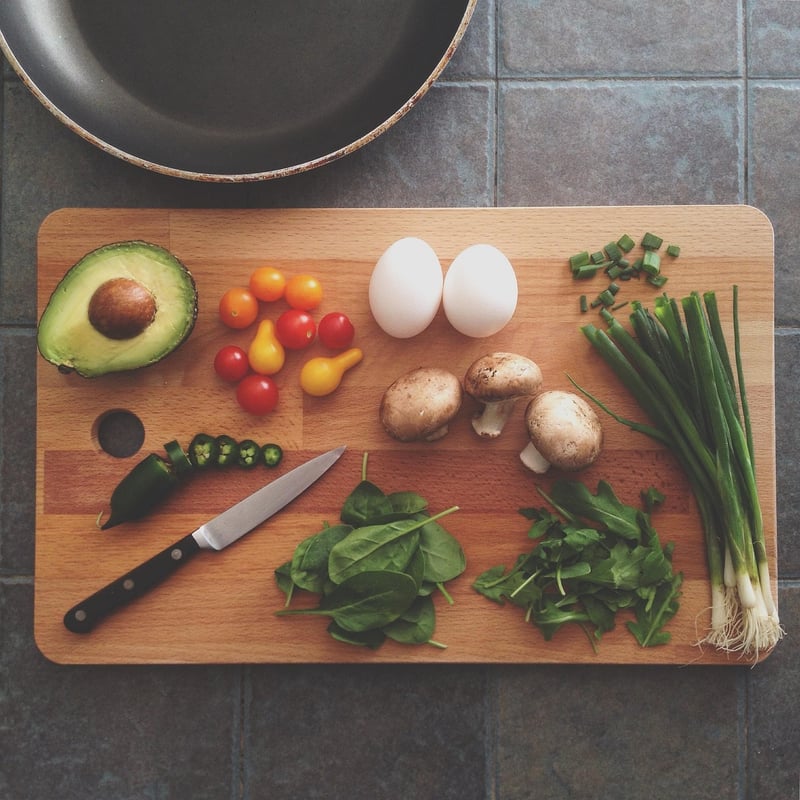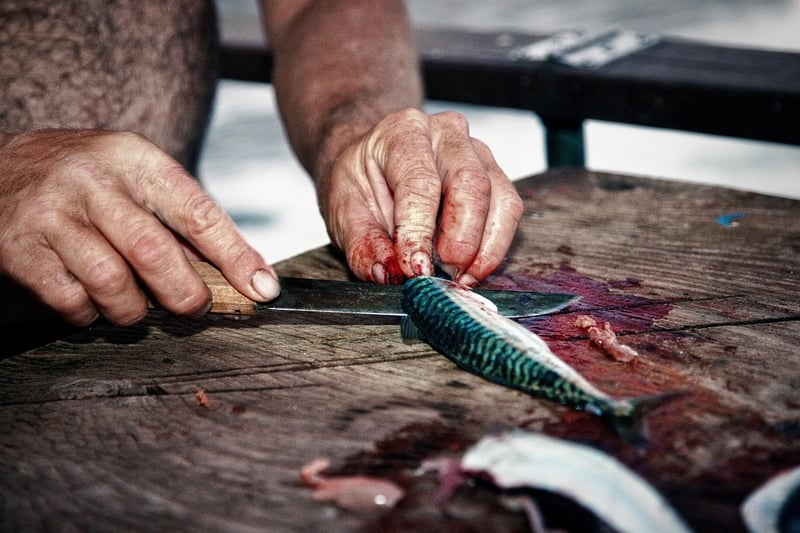Knife Skills
Master the Art of Cooking + Knife Skills

Introduction
Cooking is not just about following recipes; it's also about mastering essential skills that can elevate your dishes to the next level. One such crucial skill is knife skills. In this article, we will explore the art of cooking and how honing your knife skills can make you a more efficient and confident cook.
Benefits of Knife Skills
- Efficiency: Proper knife skills can help you chop, dice, and slice ingredients quickly and evenly.
- Safety: Knowing how to handle a knife correctly reduces the risk of accidents in the kitchen.
- Presentation: Well-cut ingredients not only cook more evenly but also enhance the visual appeal of your dishes.
Basic Knife Techniques
Mastering basic knife techniques is the foundation of good cooking. Here are some essential skills to practice:
- Grip: Hold the knife with a firm grip on the handle to maintain control.
- Claw Grip: Use your non-cutting hand to hold the ingredient with your fingertips tucked under to guide the knife safely.
- Chopping: Practice chopping vegetables into uniform pieces for even cooking.
- Dicing: Master the art of dicing ingredients into small, even cubes.
- Julienne: Learn how to julienne vegetables for delicate and elegant cuts.
Knife Maintenance
Keeping your knives in top condition is essential for efficient and safe cooking. Remember these tips:
- Sharpen regularly: Use a sharpening stone or honing rod to keep your knives sharp.
- Store properly: Store knives in a knife block or on a magnetic strip to prevent dulling and accidents.
- Hand wash: Avoid putting knives in the dishwasher; instead, hand wash and dry them immediately.
Conclusion
Mastering the art of cooking goes hand in hand with mastering knife skills. By honing your knife techniques and maintaining your tools, you can become a more efficient, confident, and safe cook in the kitchen. Practice regularly, and soon you'll be chopping, dicing, and slicing like a pro!
Remember, a sharp knife is a chef's best friend!
